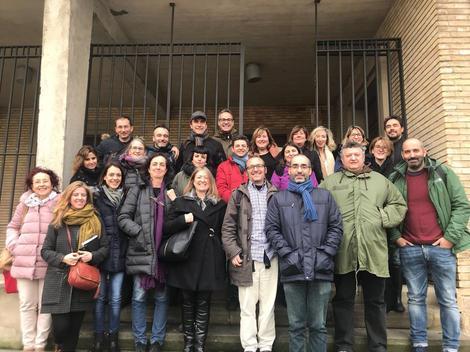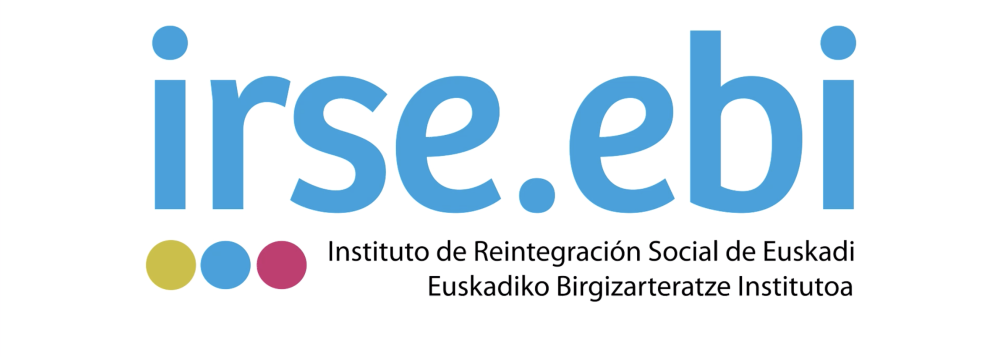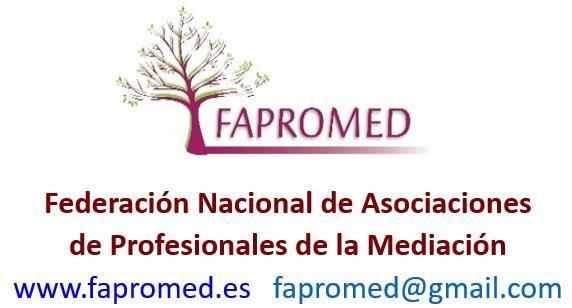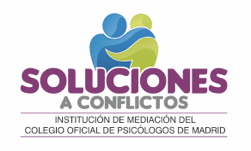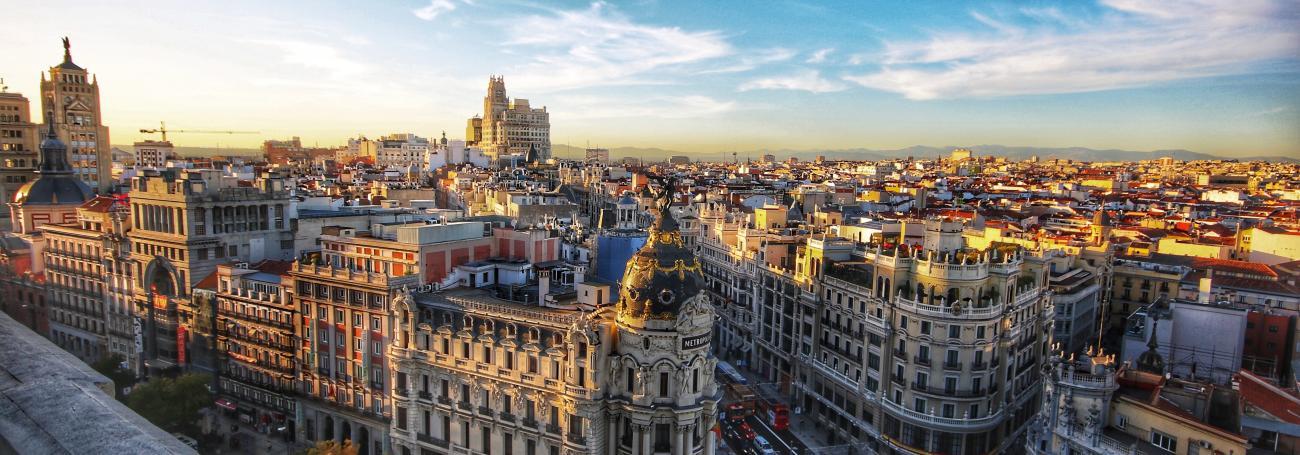
The Association for the Welcoming and Accompaniment Betania aims to contribute to healing and repairing the damage inflicted on victims of sexual abuse within the Catholic Church through a process of listening and accompaniment whose objective is to promote the full recovery of the damaged person, according to their needs and their rights recognised in the United Nations Declaration of 1985 on justice for victims of crime and abuse of power and in the European Directive on victims' rights of 2012.
The comprehensive accompaniment processes offered by Betania are provided by independent professionals. The service includes therapeutic accompaniment, initial legal advice on how to exercise their rights before the civil and canonical justice system, spiritual accompaniment and reparation processes in cases where the offences are time-barred or the perpetrators are deceased. When it is possible and requested by the victim, Betania Association will provide restorative justice responses in accordance with international standards.
Betania is a non-profit association and finances its activity with the contributions of its members and donations from individuals and institutions. Victims are asked to contribute to the cost of professional services, without the lack of financial resources being an impediment to receiving them.








